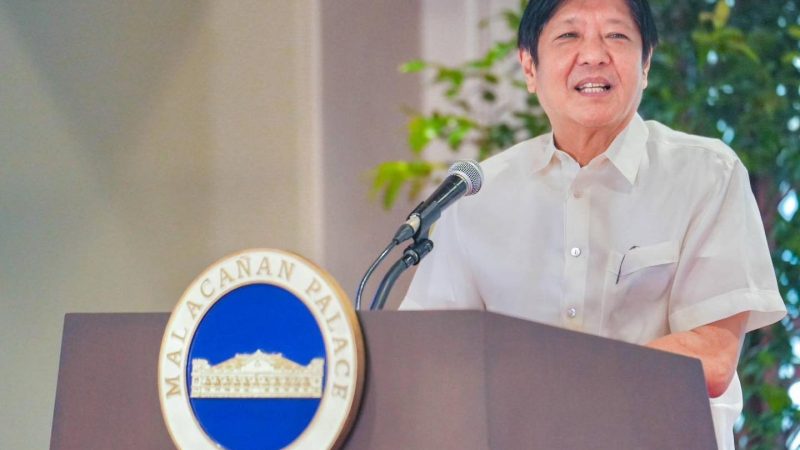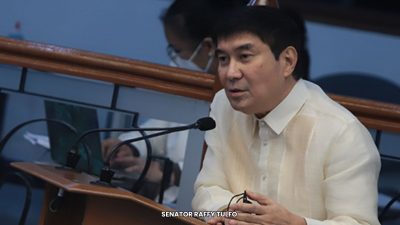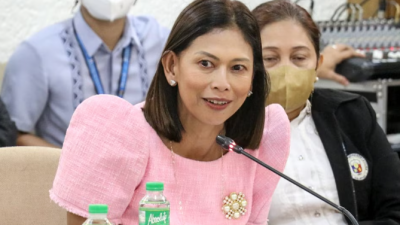By Junex Doronio
PRESIDENT Ferdinand Marcos Jr., has sustained a significant backlash in the most recent survey and for a ranking member of Sanlakas-Cebu, this might be due to his inability to deliver on his campaign pledge to reduce the cost of rice to P20 per kilogram.
This issue has become a glaring weakness for him, leading to disillusionment among the vast majority of the 31 million Filipinos who cast their votes in his favor during the May 2022 election, the socialist-leaning official said.
“Ang tinatahak na landas ni PBBM ay taliwas sa inaasahan ng mayoryang nagluklok sa kanya. Ang bigas na pangunahing pagkain na mahalaga sa mamamayan ang naging batayan ng pagboto sa kasalukuyang administrasyon. Ang pangakong gawing 20 pesos ang kilo ng bigas at ‘di niya kayang pangatawanan ang siyang magiging daan upang masiphayo ang mga umaasa sa kanya. Ito rin ang magiging daan upang dumausdos ang kanyang popularidad,” Sanlakas -Cebu secretary general Teodorico “Ka Teody” Duran Navea told Maharlika Nu Media in an exclusive interview Friday.
Known as one of the RJ factions of the leftist groups, Sanlakas-Cebu rooted for then-presidential candidate labor leader Ka Leody de Guzman of Partido Lakas ng Masa (PLM) in 2022.
RJ is the shortened term for the “rejectionists” or those who reject the “protracted people’s war” or prolonged armed struggle advocated by the RA or “reaffirmists.”
The RAs adhere to armed revolution by encircling the cities from the countryside — a concept that was copied from China’s Mao Zedong by the late Jose Ma. Sison, the founder of the Communist Party of the Philippines (CPP) in 1968.
Most recent survey
According to a recent survey conducted by Publicus Asia, there has been a decline in favorable sentiments towards the administration of President Marcos, accompanied by an increase in sentiments opposing the administration.
In the third-quarter survey by Publicus, released recently, it was found that 43 percent of respondents expressed support for the administration, a decrease from the 48 percent recorded in the second-quarter survey. Publicus noted that this decrease suggests a reduction in alignment with the current administration and its priorities compared to the previous quarter.
Conversely, anti-administration sentiments rose from 18 percent in the first quarter to 23 percent in the third quarter, indicating that a greater number of respondents are now opposed to or dissatisfied with the administration’s leadership. This trend suggests an ongoing increase in dissatisfaction with the administration.
Notably, the National Capital Region (NCR) witnessed a significant drop in pro-administration support, falling from 47 percent to 35 percent, while anti-administration support in the NCR increased from 17 percent to 30 percent. Southern Luzon also experienced a decline in pro-administration support, from 41 percent to 36 percent, although Mindanao continued to strongly support the Marcos administration, with 56 percent favoring it.
Despite these shifts, respondents’ political leaning toward the opposition or the Liberal Party remained stable at 45 percent. Pro-opposition support remained statistically constant at 20 percent, slightly higher than the 18 percent recorded in the previous quarter, while anti-opposition support decreased from 35 percent to 33 percent.
Publicus noted that some respondents may be adopting a “wait-and-see” approach, cautiously awaiting improvements from the current administration while refraining from full commitment to the opposition until concrete changes are observed.
The survey was conducted from September 7 to 12 and involved 1,500 respondents selected from a market research panel of over 200,000 Filipinos maintained by PureSpectrum, a US-based panel marketplace. Respondents were divided into five geographical areas: NCR, North Central Luzon, South Luzon, Visayas, and Mindanao. (ai/mnm)







